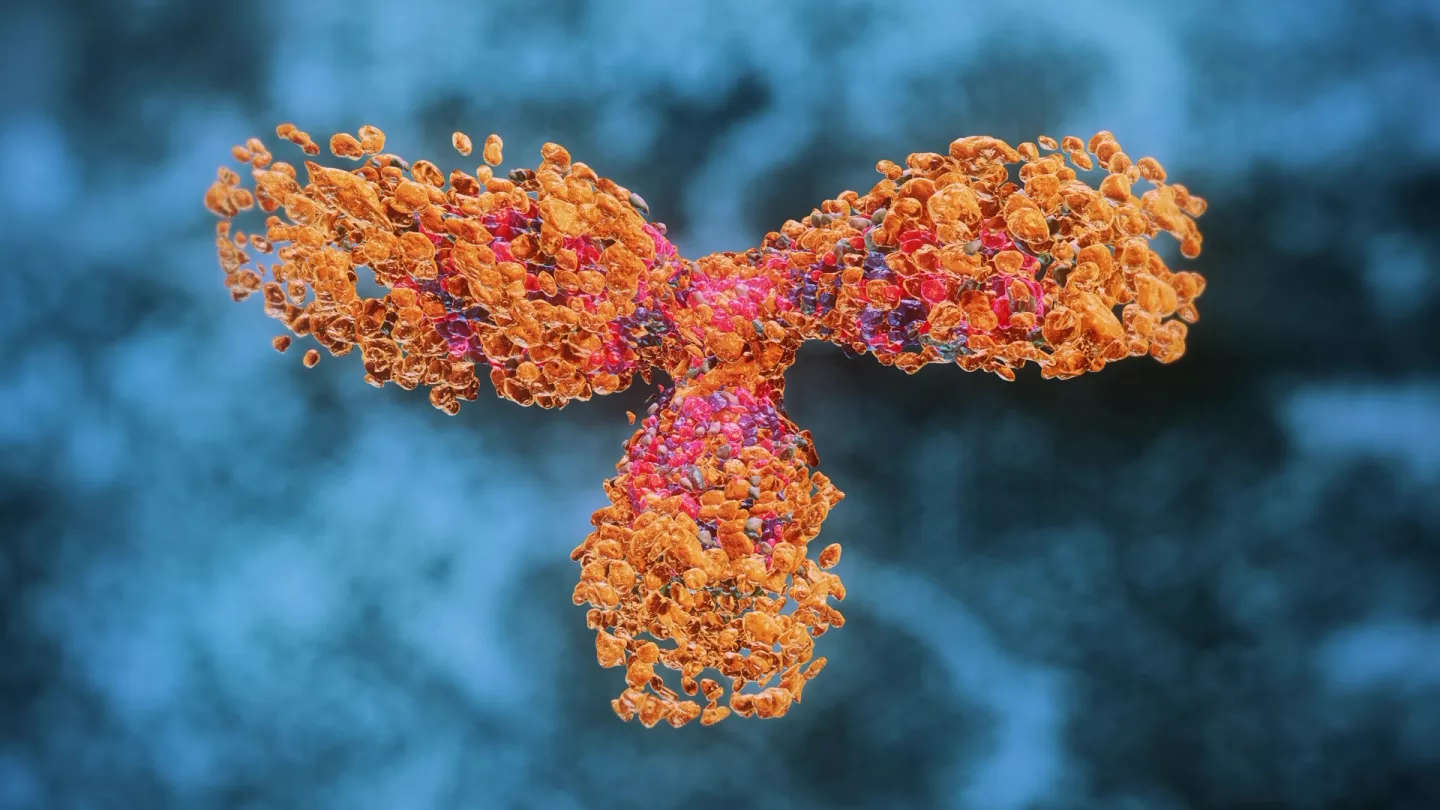News Release
Montefiore Einstein Comprehensive Cancer Center Establishes New Immunotherapy Institute
September 16, 2024 (BRONX, NY)

The National Cancer Institute-designated Montefiore Einstein Comprehensive Cancer Center (MECCC) has announced the new Marilyn and Stanley M. Katz Institute for Immunotherapy for Cancer and Inflammatory Disorders. Xingxing Zang, Ph.D., an international leader in developing novel immunotherapies, has been named its inaugural director.
“Our goal is to be at the forefront of developing novel immunotherapy technologies and advancing them into clinical trials, and ultimately, effective treatments for cancer and other diseases,” said Dr. Zang, professor of microbiology & immunology, of oncology, of medicine, and of urology, the Louis Goldstein Swan Chair in Cancer Research at Albert Einstein College of Medicine, and a senior member of MECCC’s Cancer Therapeutics research program. “Our institute is a collaborative environment that brings together more than 45 leading scientists and clinicians from a range of fields in an interdisciplinary approach for discovering new immunotherapy targets and novel strategies for drug development.”
Harnessing the Power of the Immune System
Immunotherapy, which involves activating and bolstering the immune system to eliminate disease, has revolutionized cancer treatment over the past 20 years. There are several types of cancer immunotherapies: adoptive cell therapy, which takes a patient’s immune cells, multiplies or alters them in the lab, and infuses them back into the patient; cancer vaccines, which “train” the immune system to fight an existing malignancy; immune cell engagers, which redirect the patient’s immune cells toward cancer cells; antibody-drug conjugates, in which antibodies that target cancer cells are linked with chemotherapy molecules that kill the cells; and immune checkpoint inhibitors that release the “brakes” on the immune system. In 2018, James Allison, Ph.D., Dr. Zang’s mentor, received the Nobel Prize for developing the first checkpoint inhibitor. Currently nine checkpoint inhibitors are approved for treatment of different cancers and have revolutionized the treatment of malignant disorders.
Over the course of his career, Dr. Zang has discovered several new immune checkpoints and developed numerous checkpoint inhibitors, focused mainly on inhibiting the B7-CD28 families, proteins that play important roles in cancer immune evasion and progression. Two of his checkpoint inhibitors are now being evaluated in phase 1 and phase 2 clinical trials in 12 different types of solid cancers and three different types of blood cancers. He has also formed his own company to further develop novel inhibitors against metastatic cancers that don’t respond to current drugs. Earlier this year, he led a team at MECCC that showed that CAR-T, a type of adoptive cell therapy now used against blood cancers, can successfully treat solid tumors.
“Dr. Zang’s expertise, knowledge, creativity, productivity, and collaborative spirit have made him a true leader in the field,” said Edward Chu, M.D., M.M.S., director of MECCC. “We are extraordinarily pleased that he will lead this important new endeavor.”
Critical Sustaining Support
Philanthropic support has been critical to establishing the new institute. “This would not have been possible without the generosity of Marilyn and Stanley Katz,” said Yaron Tomer, M.D., the Marilyn and Stanley M. Katz Dean at Einstein and chief academic officer at Montefiore Einstein. “Their $4.5 million endowment gift will provide a perpetual engine of support to the institute, giving us the opportunity and flexibility to invest in the promising science that can lead to novel discoveries and treatments.”
Gregoire Lauvau, Ph.D., professor of microbiology & immunology and the Sylvia and Robert S. Olnick Faculty Scholar in Cancer Research at Einstein and a member of MECCC’s Cancer Therapeutics research program, serves as the institute’s associate director for basic research. Chandan Guha, M.B.B.S., Ph.D., vice chair of radiation oncology at Einstein and Montefiore, professor of radiation oncology, of urology, and of pathology at Einstein, and associate director of innovation/tech transfer at MECCC, is associate director for clinical/translational research.




